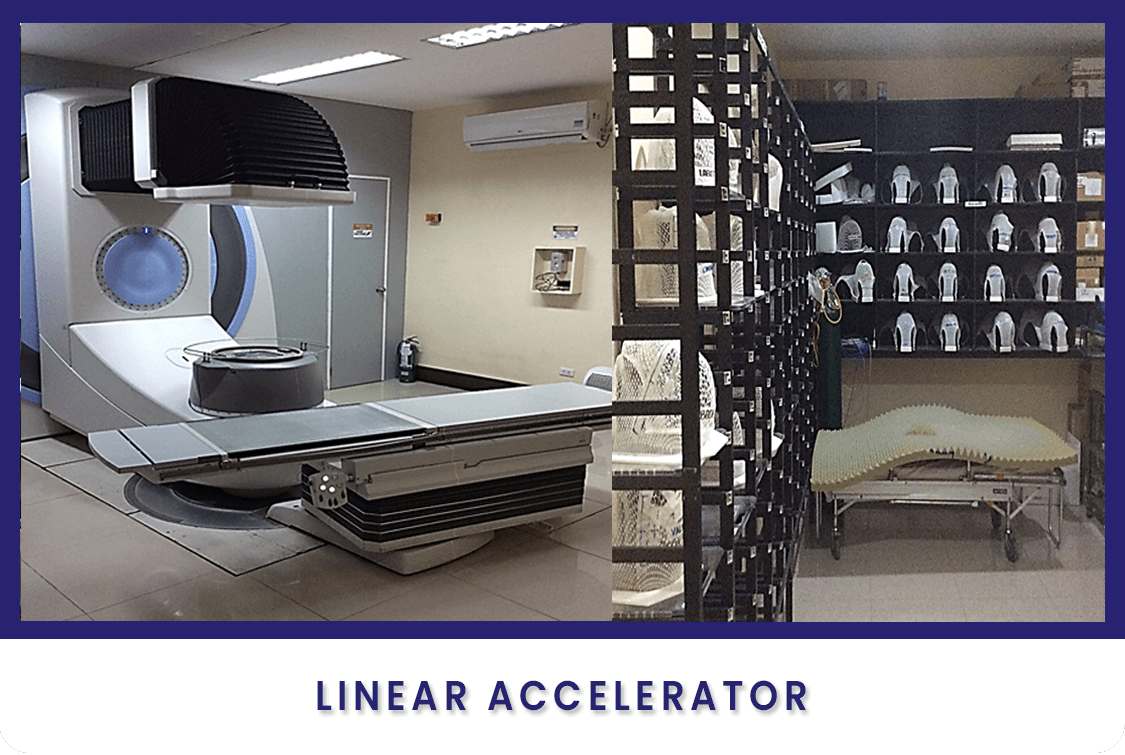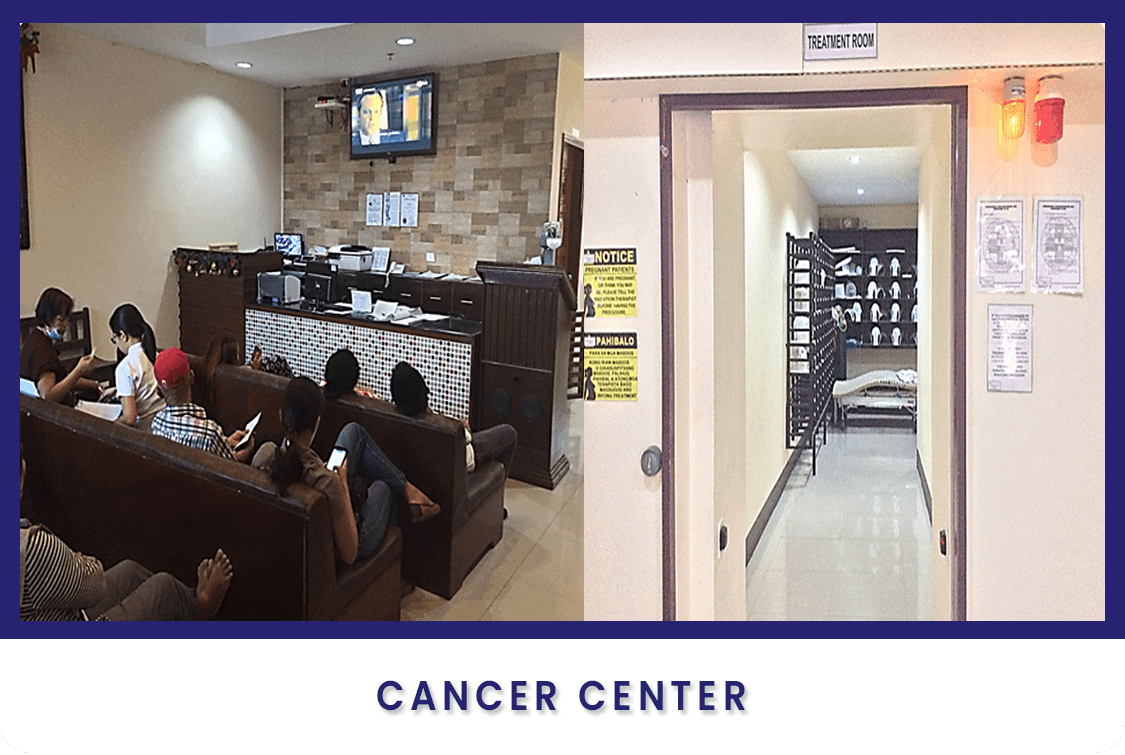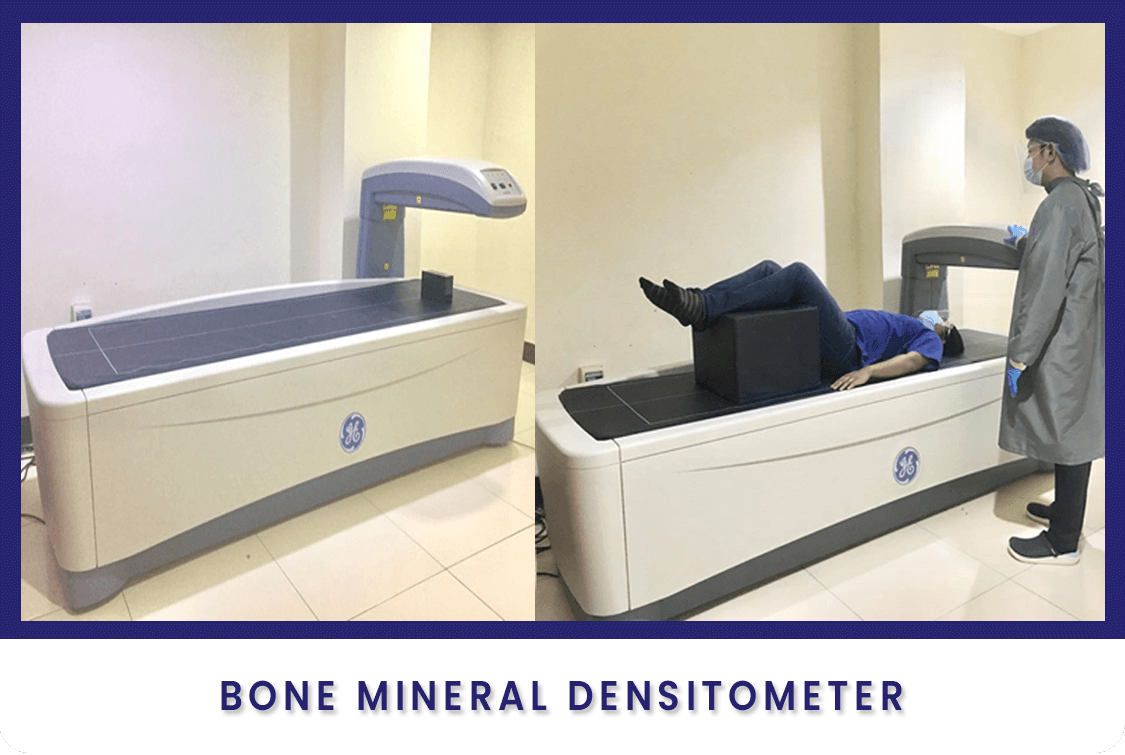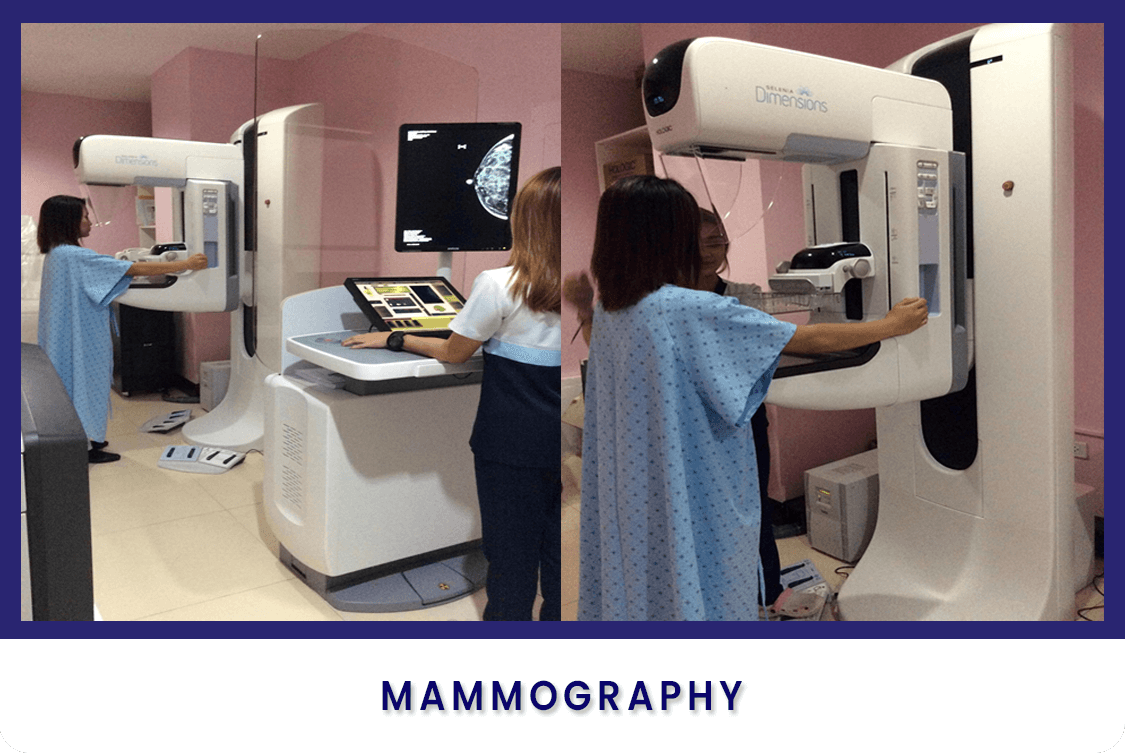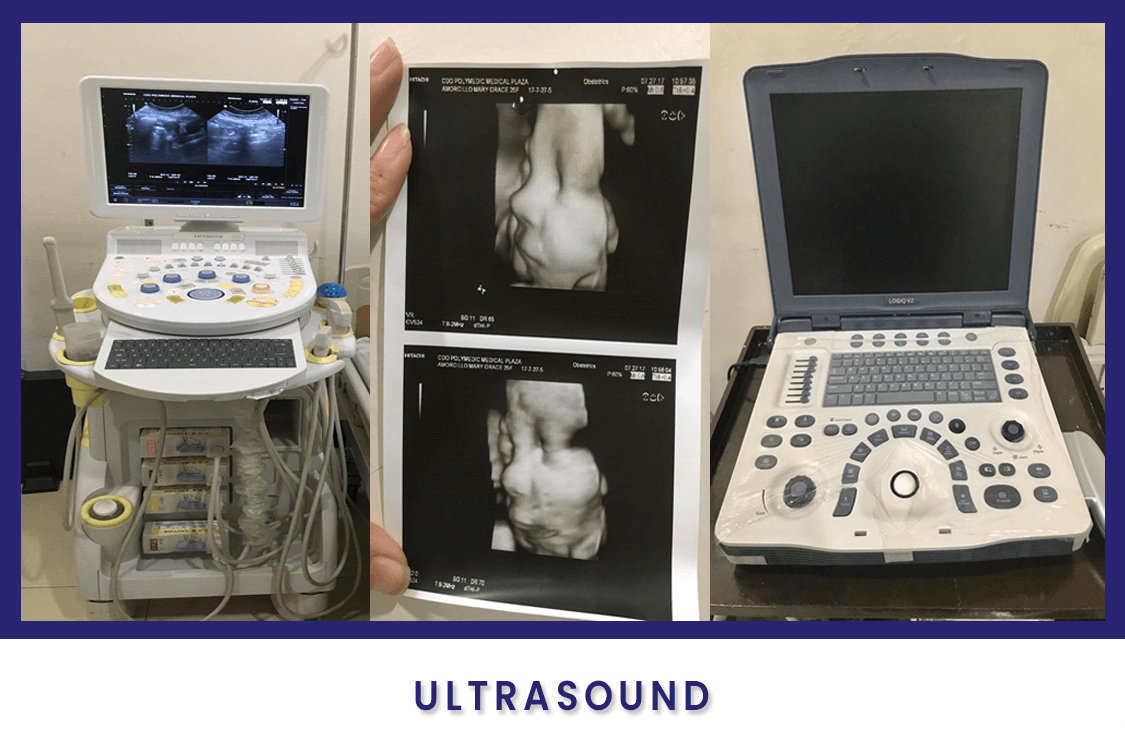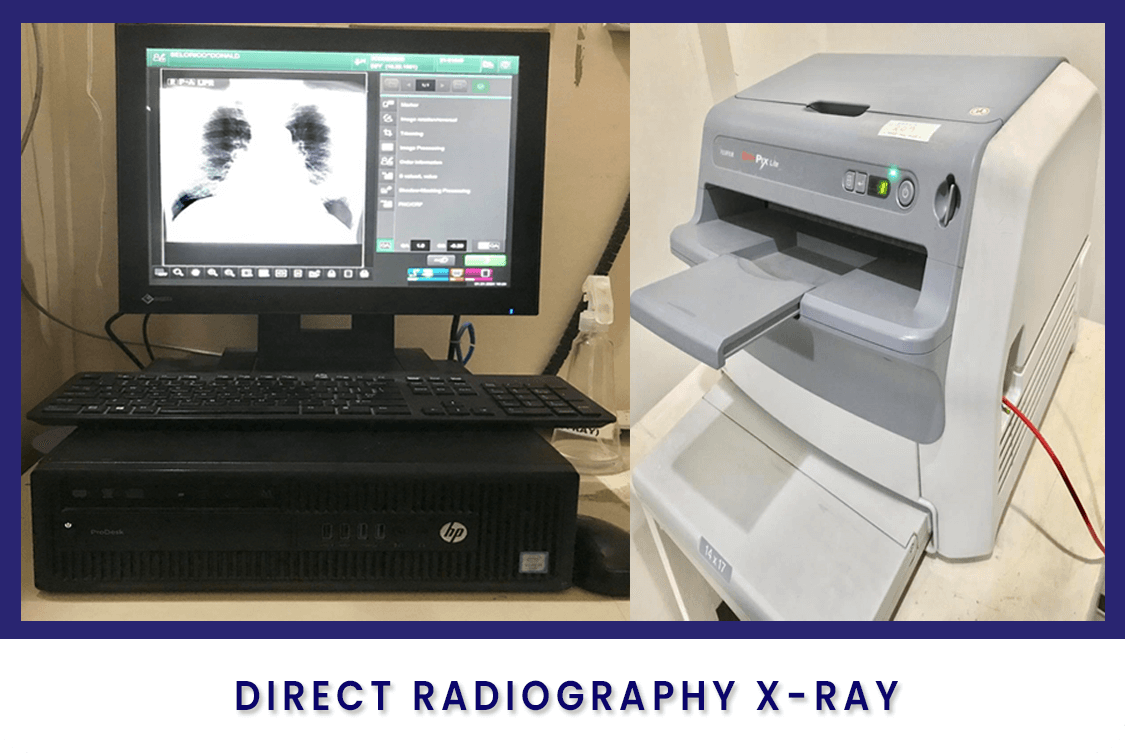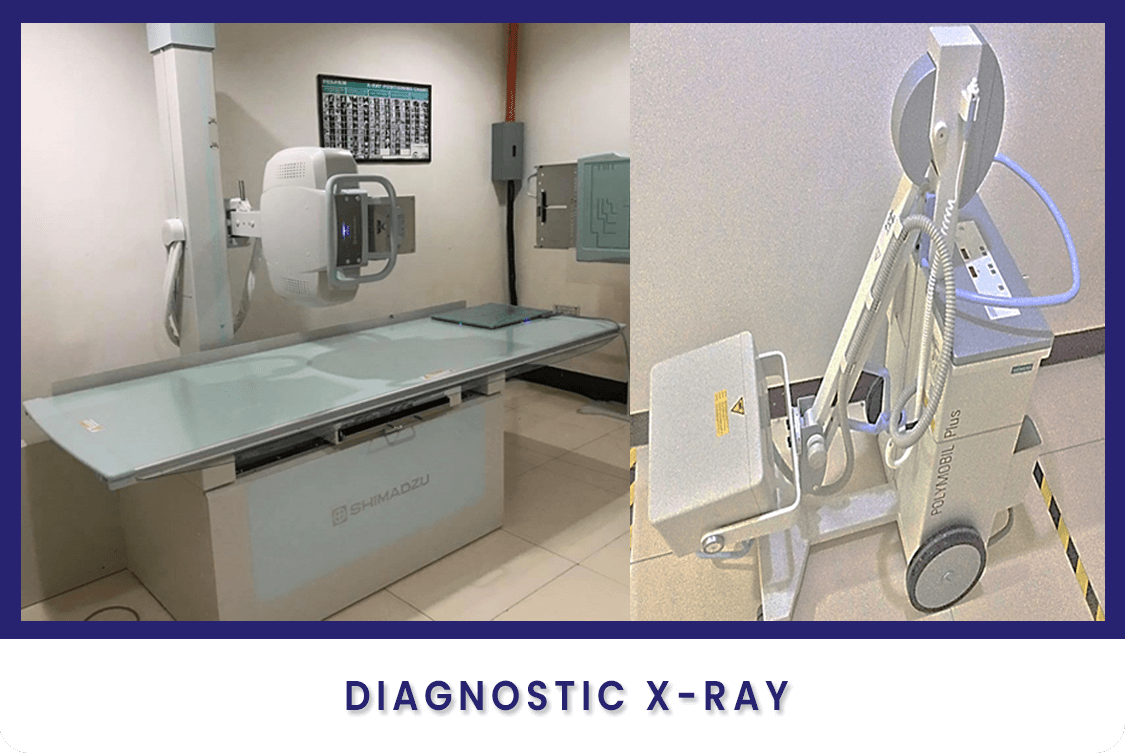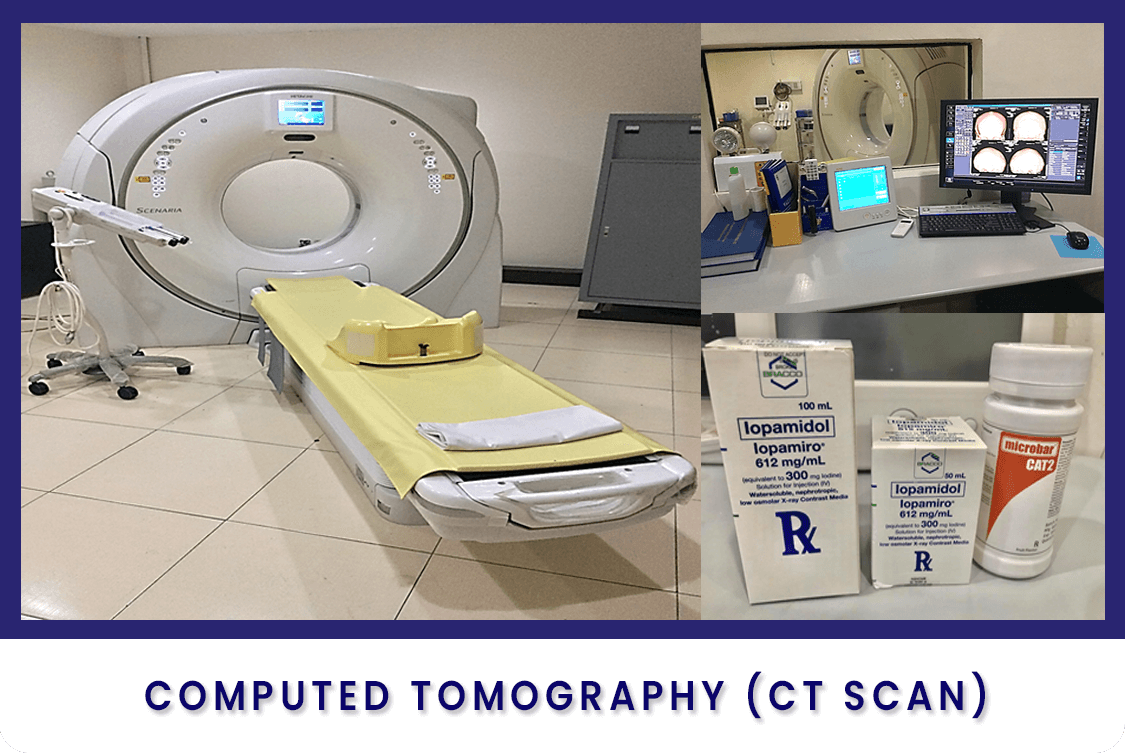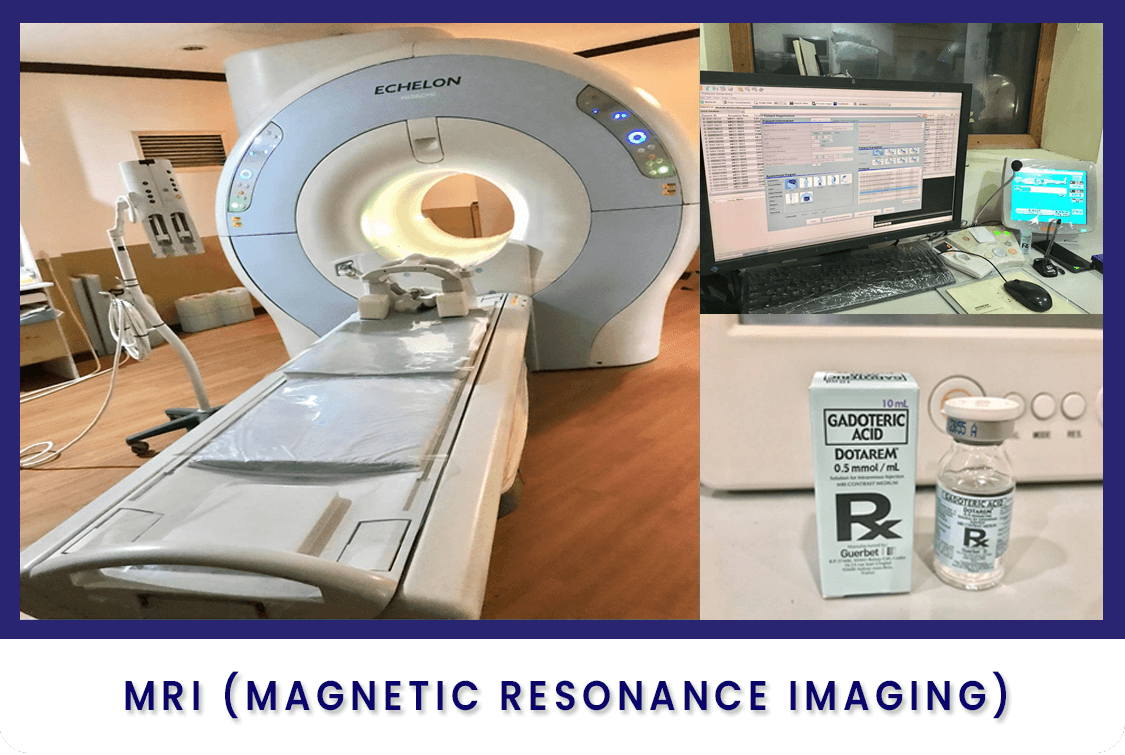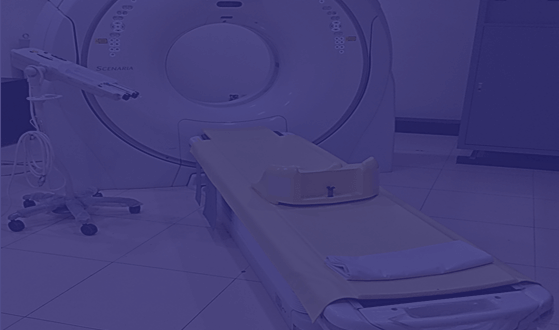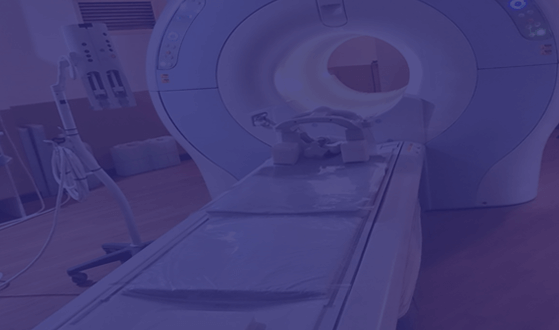Polymedic Center for
Radiology Services
The following services offered on our Center for Radiology Medicine continuously strives to advance its services.
Contact Details
Landline No.
(088) 858-5241
Local Nos.
131 (MRI/CT-SCAN)
154 (X-RAY/MAMMO)
179 (ULTRASOUND)
Mobile No.
0933 812 3522

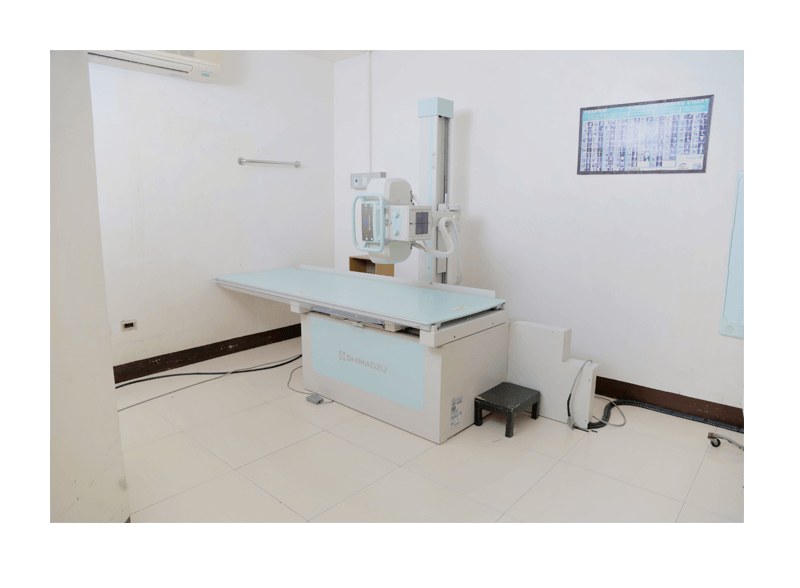
X-RAY
An x-ray is common imaging test that has been used for decades to help doctors view the inside of body without having to make an incision.
This basic x-ray technology has become a key element in the identification, diagnosis, and treatment of many types of medical conditions.
The Hospital May Provide Appointment for Special Radio Graphic Procedures.
General Radiology
Special Procedures
ULTRASOUND
Ultrasound is the term used for high frequency sound waves. An ultrasound examination uses these sound waves to produce an image onto a screen that shows the inside of your body.
An ultrasound examination is performed by trained health professional such as a sonographer or radiologist using a smooth, handheld device called a transducer that may move across the body with a sliding and rotating action.
There is no radiation, which means that is very safe, there is no injection and there is no pain.

The Hospital May Provide Appointment for On-call Ultrasound Procedures with Corresponding Charges.
General Sonography
Special Procedures
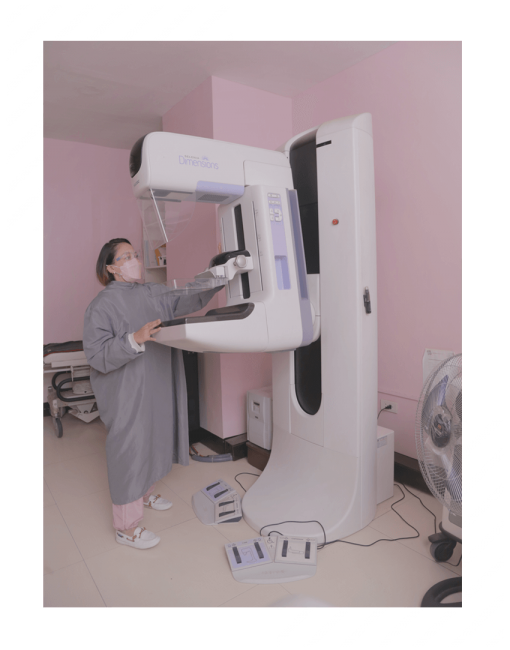
Mammography
Mammography is specialized medical imaging that uses a low-dose x-ray system to see inside the breast. A mammography exam, called a mammography, aids in the early detection and diagnosis of breast disease in women.
The hospital utilizes digital mammography in which the x-ray film is replaced by electronics that convert x-rays into mammographic pictures of the breast.
These systems are similar to those found in digital cameras and their efficiency enables better pictures with a lower radiation dose. These images of the breast are transferred to a computer for review by the radiologist and for long term storage.
088 585-5241 (Local 179)
0925 898 6947
The Hospital May Provide Appointment for On-Call Mammogram Procedures with Corresponding Charges.
Performed Procedures
About Machine
The Selenia Dimensions Mammography Systems provides superb image quality, high productivity and a variety of advanced applications. Its 2D MAMMOGRAPHY exam strives to set new standards for earlier detection of breast cancers, clearer lesion images, and fewer false positive recalls and biopsy:
- Stereotactic Biopsy
- Vacuum Assisted Biopsy
Stereotactic Biopsy – is a procedure that uses mammography to precisely identify and biopsy an abnormality within the breast such as suspicious mass, a new mass or area of calcium deposits in a previous surgery site.
Vacuum Assisted Biopsy – is a tissue sampling technique that uses a special instrument and imaging guidance (ultrasound) to remove samples of breast tissue through a single small skin incision.
Mammogram FAQs
A mammogram is an x-ray of the breast that is taken with a device that compresses and flattens the breast.
A mammogram can help a health professional decide if a lump in the breast is a gland, a harmless cyst, or a tumor.
A mammogram can help a health professional decide if a lump in the breast is a gland, a harmless cyst, or a tumor.
Regular Mammograms are important for older women. The Risk of getting breast cancer increases as you get older. Eight out of ten cases of breast cancer occur in woman age 50 or older. Nine out of ten women who get breast cancer have no history of breast cancer in their family.
Regular mammograms can help to detect breast cancer earlyregardless of your age or family history.
Regular mammograms can help to detect breast cancer earlyregardless of your age or family history.
When you get a mammogram, the machine squeezes your breast to get the clearest picture possible.
Most women find having mammogram is a little uncomfortable, but almost all women say it’s worth it to know whether or not they have breast cancer.
Most women find having mammogram is a little uncomfortable, but almost all women say it’s worth it to know whether or not they have breast cancer.
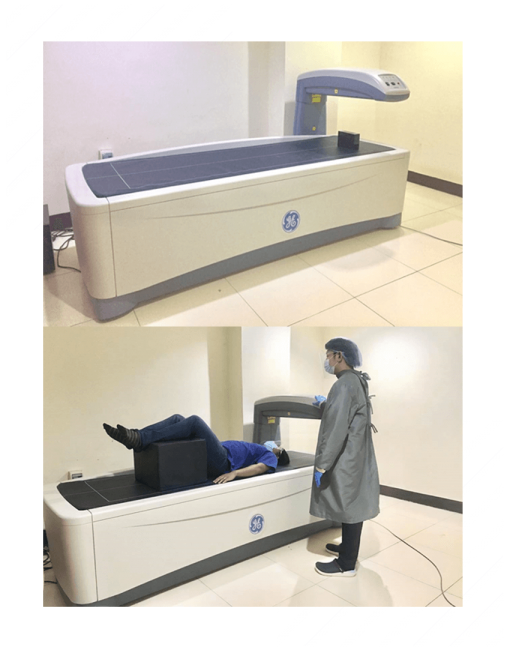
Bone Mineral Densitometer
Is a test like an x-ray that quickly and accurately measures the density of bone. It is used primarily to detect osteopenia or osteoporosis, diseases in which the bone’s mineral and density are low and the risk of fractures is increased.
It measures your bone mineral density and compares it to that of an established norm or standard to give you a score, the BMD test is an important predictor of whether a person will have a fracture in the future.
The Hospital May Provide Appointment for On-Call Bone Mineral Densitometer Procedures with Corresponding Charges.
Performed Procedures
Computer Tomographic Scan(CT-SCAN)
Computed Tomography more commonly known as CT or CAT scan, is a diagnostic medical test that, like traditional x-rays, produces multiple images or pictures of the inside the body.
The cross-sectional images generated during a CT scan can be reformatted in multiple planes, and can even generate three-dimensional images. These images can be viewed on a computer monitor, printed on film or transferred to a CD or DVD.
CT images of internal organs, bones, soft tissue and blood vessels typically provide greater detail than traditional x-ray, particularly soft tissues and blood vessels.
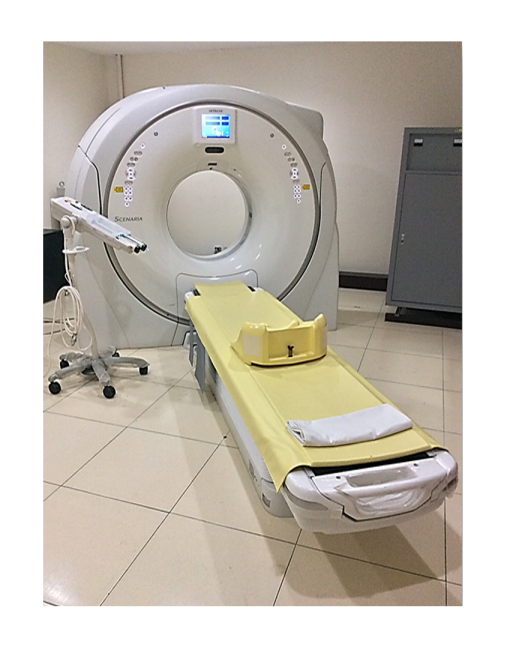
The Hospital May Provide Appointment for On-Call CT-scan Procedures with Corresponding Charges.
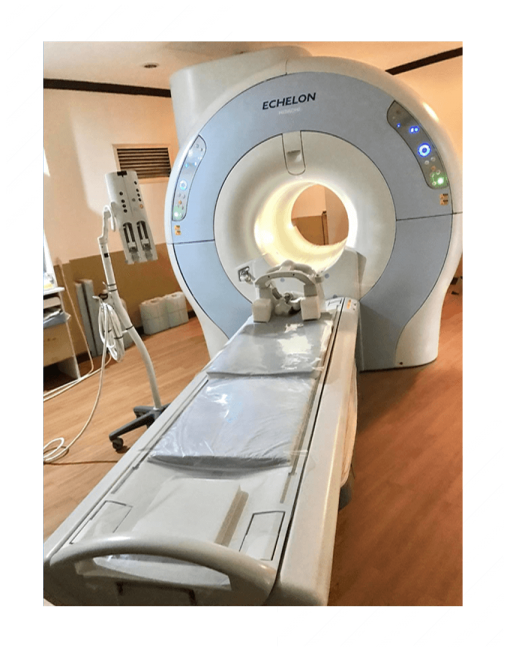
Magnetic Resonance Imaging (MRI)
MRI stands for Magnetic Resonance Imaging, a non-invasive diagnostic technique that uses harmless radio waves rather than x-rays to create images.
It is particularly useful for imaging of soft tissues such as the brain, spinal cord, muscles and ligaments and detecting abnormal tissues such as tumors.

